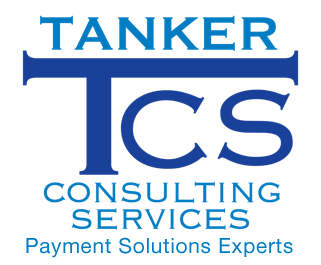CHICAGO – With the clock ticking for the Oct. 1 deadline for EMV adoption, acquirers and independent sales organizations have a clear opportunity to become payments consultants.
The migration to EMV-chip cards in the U.S. had already opened the door for acquirers to review equipment needs with merchant clients. but it has become apparent that many merchants are not prepared or don’t understand the risks of accepting fraud liability, said Mark Dunn, president of sales consulting group Field Guide Enterprises LLC.
EMV is now a consulting opportunity for ISOs because these merchants need someone to talk them through the changes and review how they are processing card payments right now.” said Dunn during a presentation July 15 at the Midwest Acquirers Association 2015 conference.
EMV should also prompt acquirers and resellers to “review and redefine” their own sales process to address the many steps involved in preparing merchants for EMV card acceptance, said Dunn, who co-founded the Midwest Acquirers Association in 2003.
Acquirers should develop a full understanding of what the EMV upgrade entails and what sort of hardware and software upgrades are needed to move chip-based transactions along to a processor.
You should be reviewing all of your merchant accounts for EMV compliance and you are likely to find that about 90% of them are not compliant right now.” Dunn said.
Recent industry research has indicated that many merchants remain unaware of the U.S. EMV migration, with smaller merchants likely to have never heard of the process. All of these companies, with the exception of fuel merchants, will face a shift in fraud liability if they are not able to handle EMV transactions by the October deadline (fuel merchants have an extra two years).
“Acquirers can expect that grocery stores, gift shops, and restaurants will be slower to convert to EMV making those merchants targets for card data theft and counterfeit fraud,” Dunn said.
“Equally as troubling is that in many cases, the acquirers and ISOs themselves do not have accurate records on what type of terminals their clients are using. That knowledge gap has to be addressed quickly, especially for acquirers carrying large portfolios,” Dunn said.
Merchants are likely to resist EMV by claiming their counterfeit fraud is not a significant problem. Dunn said.
Those merchants should be told that research suggests counterfeit fraud is the No. 1 source of card fraud, with 47% of that fraud taking place in the U.S. Dunn added. About 78% of counterfeit fraud globally takes place in countries that are not EMV compliant.
The fines resulting from the Oct. 1 shift in fraud liability can start as low as $50,000. but the negative publicity from a data compromise can be far worse. Dunn said “The down side is pretty far down.” he added. “A business can definitely go bankrupt.”
Acquirers have various sources from which to obtain educational information and whitepapers about the EMV migration. Including EMVCo, EMV Connection, EMV Migration Forum, ACT Canada, Field Guide Enterprises, and various other workshops and presentations from the card brands or industry organizations. All of these organizations have stepped up education efforts as the card networks’ deadline nears.
